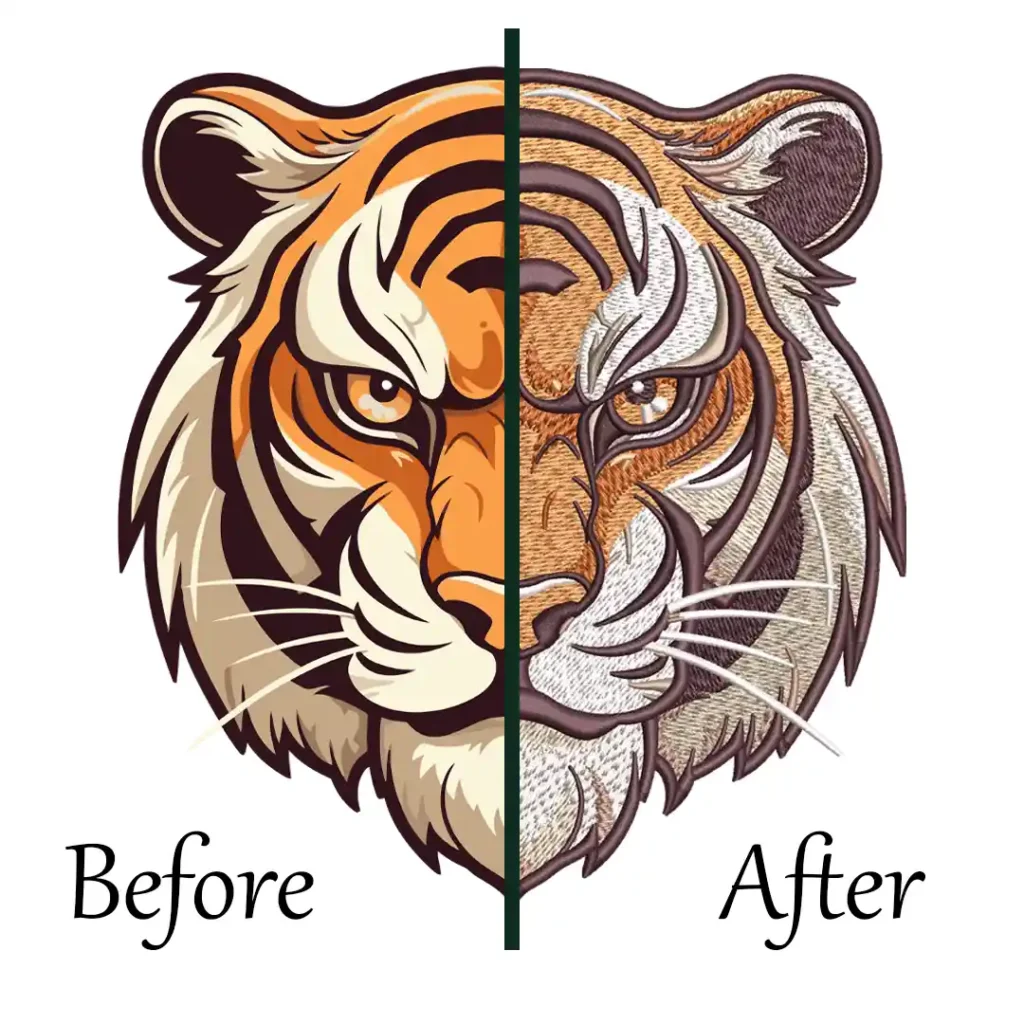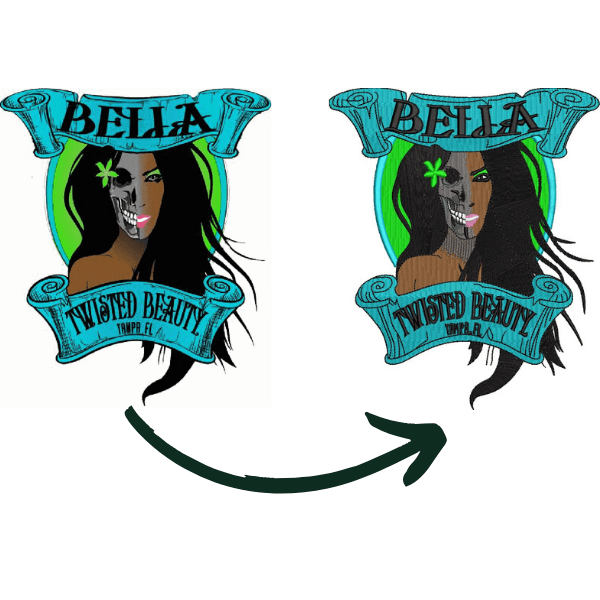Screen printing is a transfer of ink on the fabric with the help of a mesh screen. It’s the most common and usable technique unique designs on clothes, bags, and other equipment.
As compare to digital printing vs Screen printing; it is an effective and creative technique to print on several accessories. Before explaining the steps of making screen printing patterns on fabric, here are some significant info about screen printing:
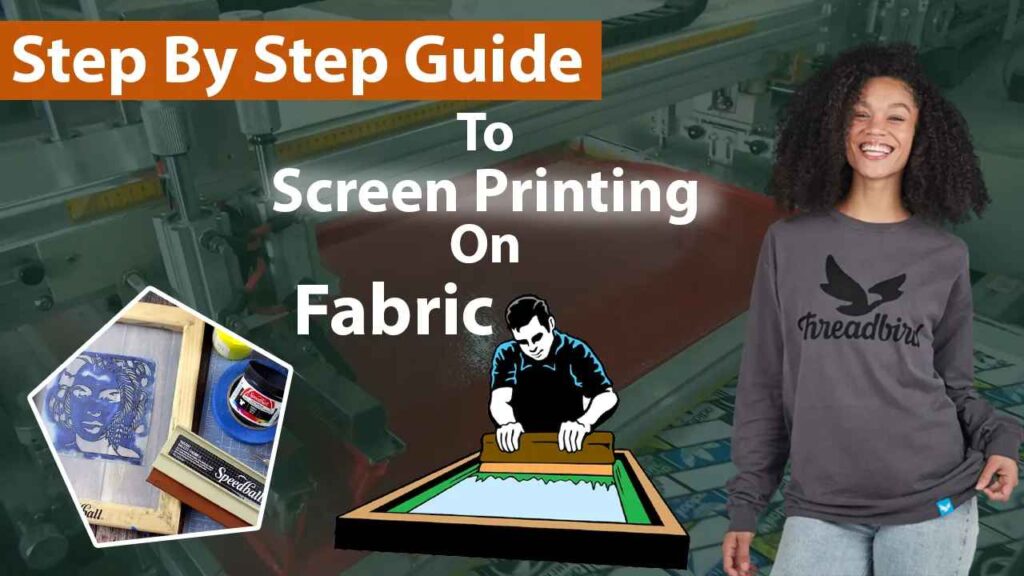
Step By Step Guide To Create Screen Printing Patterns On Fabrics
Why is screen printing used ?
It is preferable because the printer quickly regenerates the printed design for various times. The stencil-like mesh screen is reusable while making screen printing patterns on fabrics multiple times.
Types of screen printing:
There are six significant types of screen printing patterns;
- Spot Color Screen Printing
- Halftone Printing
- Grayscale Printing
- Duotone Printing
- CMYK Printing
- Simulated Printing Process
Equipment used in screen printing:
Some of the major screen printing material lists are given as follows.
- The screen printing press.
- Computer
- Exposure Unit.
- Pressure Washer.
- Scoop Coater.
- Squeegees.
- Inkjet printer.
- Vector software like adobe illustrator /Coreldraw.
- Ink
Embroidery Digitizing
&
Vector Art Services
Are you looking for embroidery digitizing and vector art services at low cost with superfast turnaround, guaranteed quality and preview before pay? So, you are at right place. We can digitize and vectorize any type of artwork in your required file format.
Steps to make screen printing patterns on fabrics:
Screen printing can be done in different steps:
Step 1: Create the design:
The first step is to provide the printer with your design, and it will transfer the design on transparent acetate film that will further help make a stencil. You can either make your design by hand or by using best software on the computer.
Note: Make sure to create films in black to make screen printing patterns on fabric.
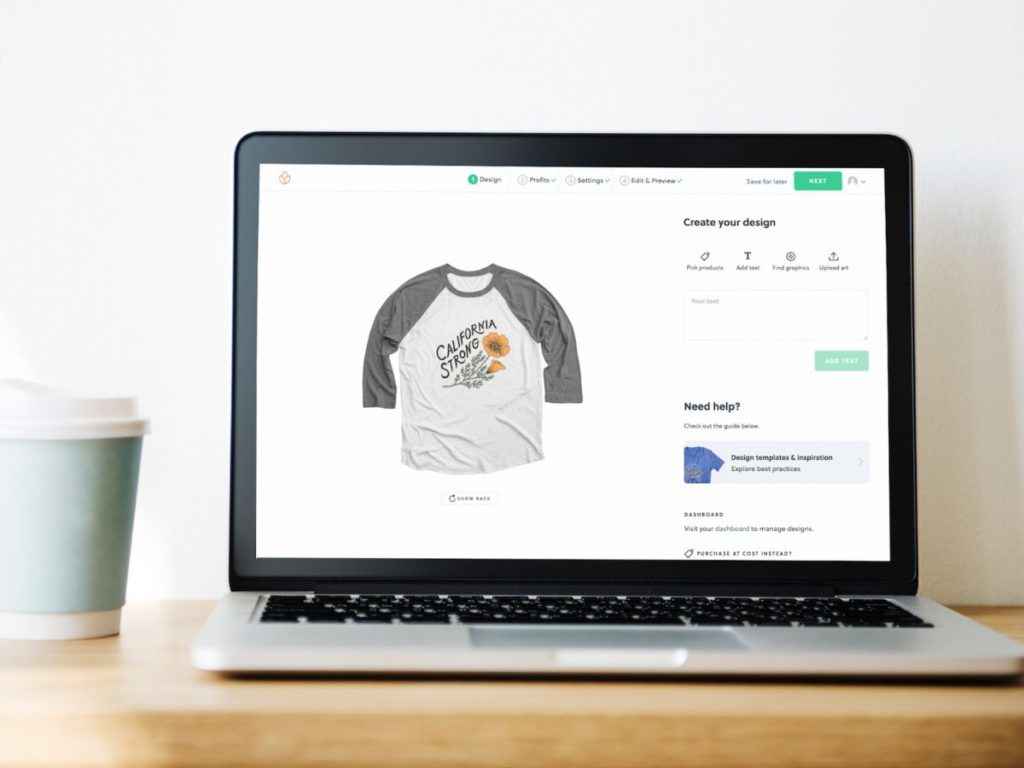
Step 2: Prepare the screen:
The screen contains a mesh that is stretched on the frame tightly. Mesh can be of silk, nylon, or polyester stuff. But in most cases, silk is considered the best fabric for screen printing.
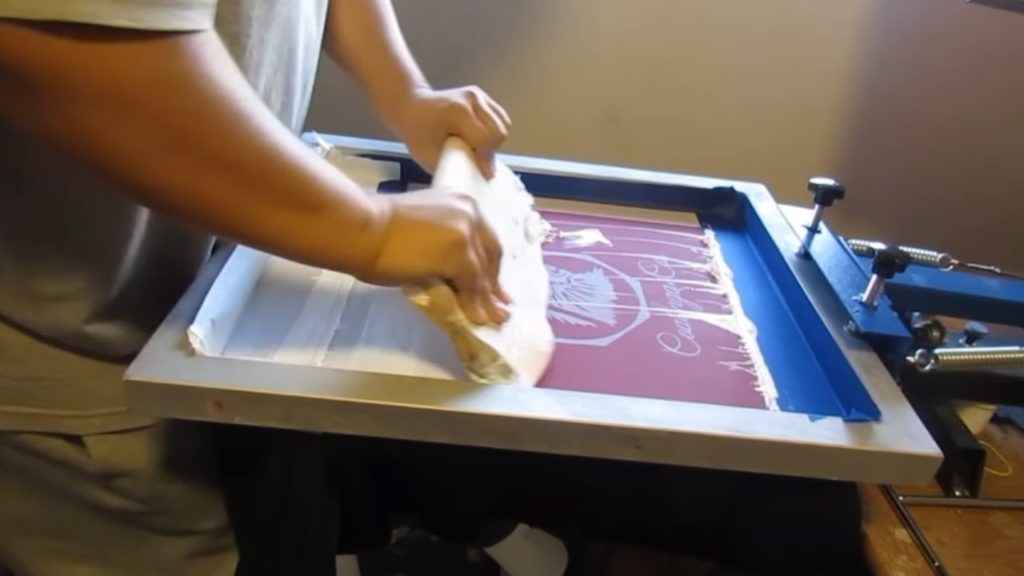
Step 3: The emulsion will get exposed:
A highly thin and even layer of emulsion is applied on both sides of the screen using a scoop coater. Then it dries, whether by taking under UV light or by leaving it for some time. So it’s the main step in making screen printing patterns on fabric.
Step 4: Creating the stencil:
When the screen gets dry, put the transparent film upside down and put the piece of glass on the film. Then leave the screen for some time under a light source, either natural or a manufactured lightbox. The exposed area will become hardened, and the order area will be as soft as it can be washed away with water. Measurements can be drawn to ensure the embroidery design placement on the right area to make screen printing patterns on fabric.
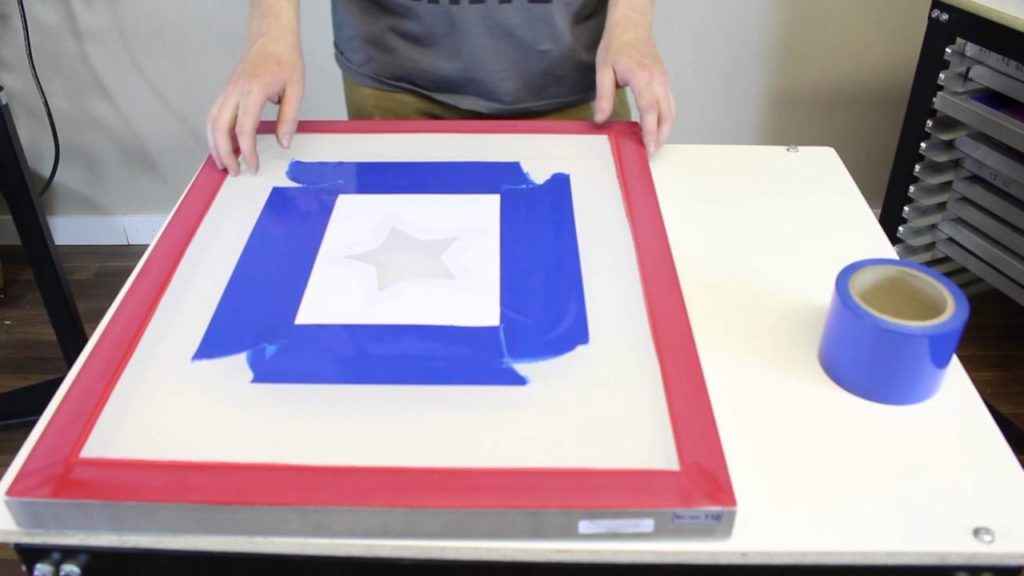
Step 5: Prepare the item:
The screen is placed on the printing press, and then the garment is placed on the board under the screen. Presses model and size do matter but mostly in commercial areas, a rotary carousel printer work for the printing process.
Step 6: Transfer of ink:
The screen is then placed on the printing board. Now add the ink on the top of the screen, and use a squeegee to spread the ink all over the screen. It will help to cover the whole area of the stencil by imprinting the design on the product.
Note: Driven acrylics are considered among silk screen printing paints.
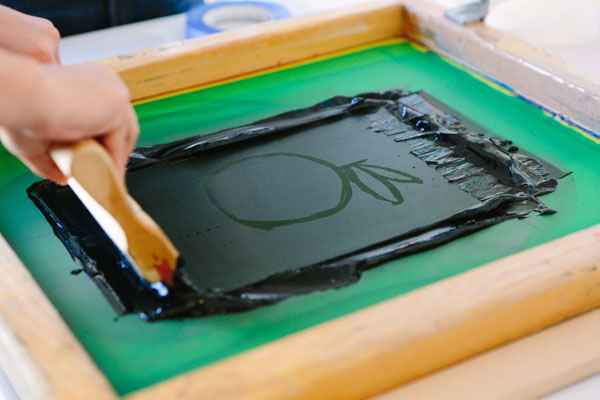
If the printer has to generate more than one item, the screen will be raised, and the next garment will be placed on the printing board. When all items get printed, the emulsion is washed away using some special fluid to reuse the mesh.
Step 7: Finalize the fabric:
The item is now facing the dryer to cure the ink and give a smooth and long-lasting finish. The product will be checked, washed, and tested to remove the residue, and then it will get ready for the customer.
Conclusion:
Screen printing is a way most productive and popular way to print out various products. This embroidery business could be the most efficient way to run your own printing business, even at home, as it cost less and gives more profit. This easy method can help a lot while learning how to make screen printing patterns on fabric saves lots of time.
Frequently Asked Questions:
Silk is used in almost most of the screen printing processes. That’s why it is also known as silkscreen printing.
Silk and polyesters are considered the best fabrics for screen printing
Simply create a design on the fabric and print it on transparent film. Prepare the screen and add emulsion on the screen. Now put the design on-screen and place it under a light source to make a stencil. The screen is ready to print now wash residue emulsion. Place the screen on fabric and apply paint with the use of squeegees. Design is being printed on the fabric.
The same process is used to print on larger fabrics, but the size of equipment vary.
Screens are made of meshes that are tightened on the frames. Screens type depends on the fabric used as a mesh, which may be silk, nylon, polyester, or cotton.

